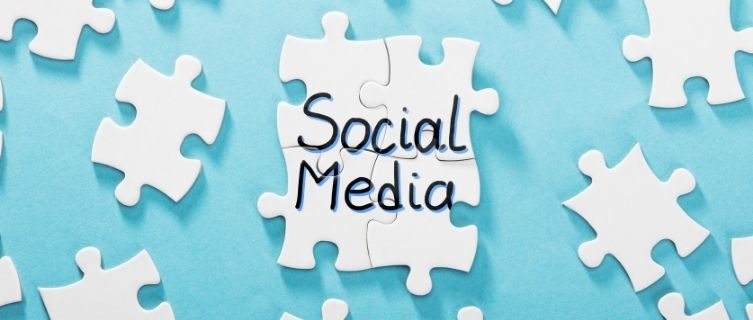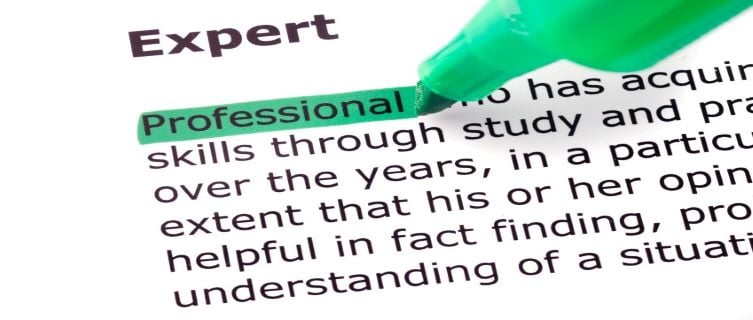BURG Translations Blog
How to use FDA social media guidance
When it comes to using social media, highly regulated industries like pharma and medical devices constantly have a balancing act to perform. While you want to connect with your customers in meaningful ways on sites like Twitter, Google +, and Facebook, you don’t want to break any rules or get on the bad side of the FDA.
For pharmaceutical companies regulation matters, even on social media
It may have taken the FDA a while to start regulating copy related to pharmaceutical products on social media, but rest assured: the day has come.
Language translation problems: 5 examples of roadblocks translators come up against
Sometimes language translation problems due to differences in culture or language can prolong a translation project. Idiomatic expressions, as well as dialects and a translator’s tone of voice can create a million different possibilities within a translation. Here are 5 examples of what we’ve seen that can cause a bottleneck in a project. Read more
How much does industry expertise play into translation?
When embarking on a first translation project with the assistance of a language service provider, it’s important for a company to manage its expectations in terms of how well the company can dive into its specific niche. Many factors go into the determined success of a translation project, including:
-
The expectations of a client (some will have more feedback on style than others)
-
The translator’s knowledge of the particular industry
-
The translator’s ability and experience in translating
Industry expertise versus translation skill
When it comes to the translation industry, there are three types of professionals:
Understanding translation memory
In order to make future translation projects easier, we use what’s called “translation memory”. This is simply a database that stores pairs of sentence segments in different languages to help translators maintain consistency in their work.
The translation memory stores what are called “translation units;” for example, a translator working on a life sciences translation may store certain technical terms or phrases to be recalled later for future translations in the software.





